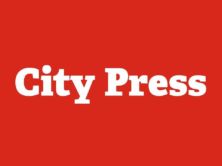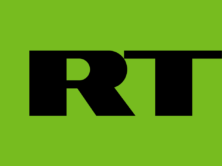
(Credit: London Allen)
UK press regulator the Independent Press Standards Organisation (IPSO) announced several changes to how it works, which essentially give the regulator some sharper teeth. Changes include getting the power to investigate news outlets without readers’ complaints and simplifying investigations, according to an IPSO press release.
Those changes and others go into effect March 1. “An overwhelming majority of its member publications” approved the “revised rules and regulations,” IPSO’s press release said.
The new abilities IPSO will get include requiring news outlets that make “serious Code breaches” to publish a list of all complaints it has received each quarter, IPSO said.
IPSO also will be able to simplify how it investigates news outlets and even fine news outlets, according to the news release. “The new rules take away a number of the ways in which publications can delay or obfuscate, meaning we can act more rapidly,” an IPSO spokesperson told iMediaEthics by e-mail.
IPSO will also be able to decide independently if it issues fines or sanctions against news outlets. Before, the Regulatory Funding Company was involved, IPSO explained to iMediaEthics. That company collects fees from IPSO member publications to fund IPSO without IPSO having to be involved in the financials, according to the company’s website. “This arrangement ensures secure financial support for IPSO, while IPSO’s complete independence is at the same time guaranteed by a majority of lay members, and is a further sign of the industry’s commitment to effective self-regulation.”
In the press release, IPSO’s chairman Sir Alan Moses is quoted as calling the changes “fundamental and far-reaching improvements that will reinforce IPSO’s power to carry out its work free from interference by those we regulate or by parliament.”
“These reforms will offer more protection to the public and allow us to provide a more effective service,” Moses is quoted as adding.
UPDATE: 2/10/2016 9:07 PM EST Hacked Off, a UK organization self-identifying as “the campaign for a free and accountable press,” sent iMediaEthics a statement from its Joint Executive Director Dr. Evan Harris, arguing that IPSO’s announcement is “all ‘press release’ and no ‘press regulation.'”
“The vice-like grip of the large newspaper groups over IPSO appointments, over its constitution and over its rule book continues,” Harris is quoted as saying. The statement argues the IPSO changes are “merely noise” and that IPSO is “wholly controlled” by the media.
In addition, the Hacked Off statement argues that the changes mostly only “bring IPSO in line with the failed PCC,” its predecessor.






